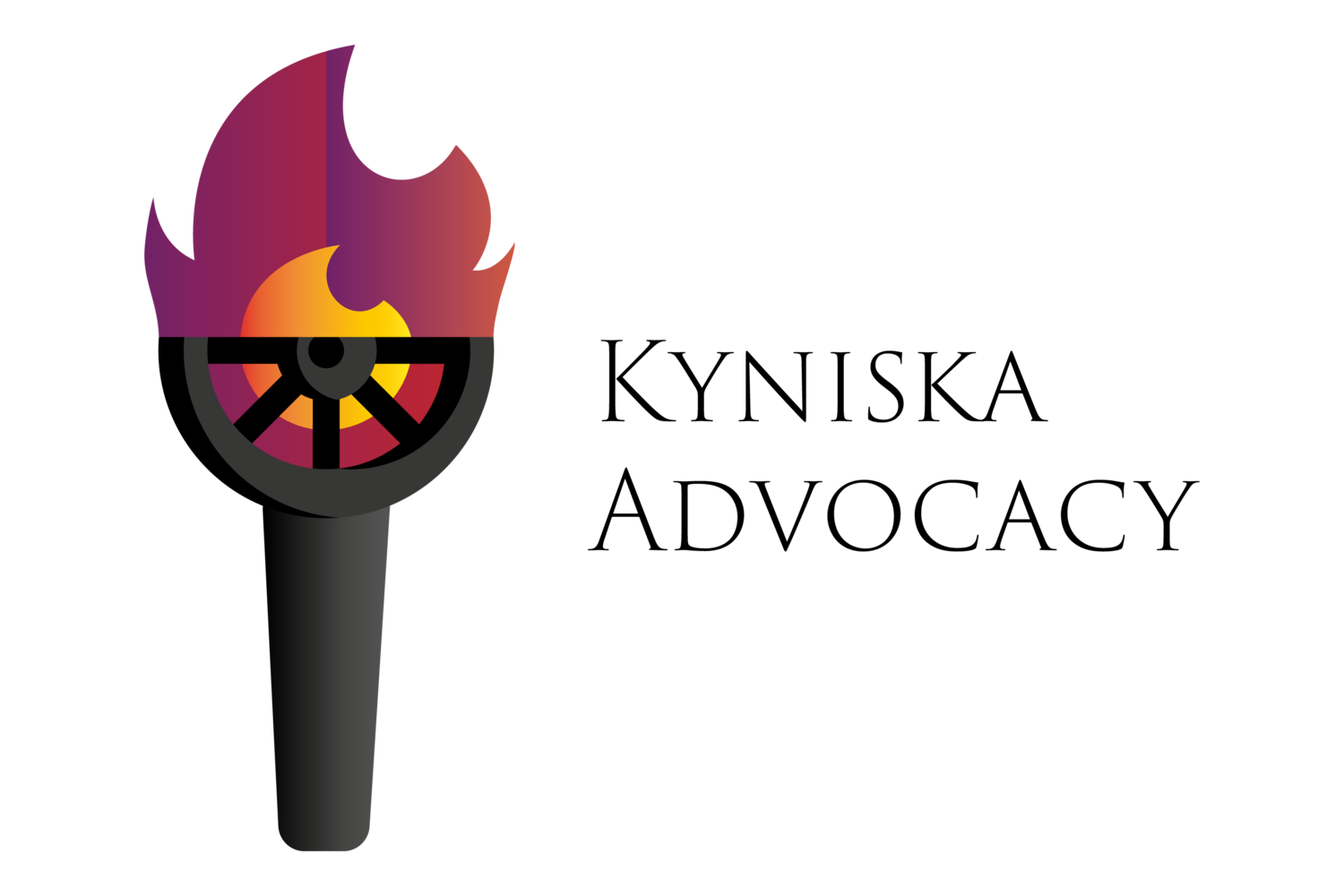Online Misogyny in Women’s Gymnastics
The Olympics are one of the biggest sporting events in gymnastics. While the increased coverage of the sport allows the gymnasts to showcase their talents, there is also a darker side. Like many women in the public eye, the athletes frequently experience online misogyny, which is defined as “the targeted abuse and harassment of women and girls through the means of the internet”.
Ahead of this year’s events, let’s look at the misogynistic cyber abuse that women gymnasts have received both during and outside of the Olympic coverage.
Despite their talents, there is often a preoccupation with the women’s appearances. They are expected to conform to societal standards of beauty. When Sky Sports News announced Beth Tweddle’s retirement on Twitter in August 2013, a slew of misogynistic comments regarding her appearance followed, despite the fact that the tweet named her as “Britain’s most successful gymnast”. Tweddle received further trolling in January 2014 during a Twitter Q&A with Sky Sports.
One person asked her “on a scale of 1/10 how pig ugly would you class yourself?”, while others asked questions relating to her teeth.
Most of this trolling was perpetrated by men, and The Everyday Sexism Project described the Q&A as “the perfect display of the misogyny, aggression and imbalanced treatment faced by sportswomen in every discipline."
There are numerous instances of gymnasts being body shamed online. During the 2016 Olympic Games, multiple Twitter users defended Mexican gymnast Alexa Morano after she was called fat and compared to a pig, and Katelyn Ohashi detailed some of the online abuse she received after her perfect 10 floor routine went viral in her speech at the ESPY Awards 2019. In 2016, Simone Biles posted a photo of her and her teammates Aly Raisman and Madison Kocian wearing bikinis at the beach.
Although most comments were positive, one user commented “ya’ll find this attractive?” in reference to the women’s muscles.
Negative remarks like these reinforce the misogynistic notion that women should conform to male beauty standards: as Litchfield et al argue, “hypermuscularity in women serves to threaten heteronormative gender relations”.
On the other hand, gymnasts are also objectified, and experience unwanted comments and sexualised remarks regarding their bodies. You don’t have to look far to find these; in addition to individual users posting pictures where they objectify gymnasts, there are entire Twitter accounts dedicated to posting pictures of gymnasts and other athletes, where users leave comments underneath.
As Stefanie E Davis points out, the captions of the photos have the power to “turn a fairly common and non-problematic photo into one that objectifies women”, such as in this example that is captioned “Italy's gymnast wins gold for that bum”. The photograph is taken while the gymnast is training, however the caption moves the focus of the image to her body rather than her physical abilities.
Not only do the athletes receive comments regarding their appearance, their attitudes are scrutinised in a way that male athlete’s rarely are. 2008 Olympic gold medallist Nastia Liukin was frequently described as “bitchy” when she was competing. Liukin addressed this in an interview with StyleCaster, saying that while men were seen as “serious”, she was described as “icy” and “bitchy” when she was focused.
Photo: Getty Images
Similarly, American gymnast and all-around winner of the 2012 London Olympics Gabby Douglas was dubbed “Crabby Gabby” during the 2016 Olympic games as critics said she did not cheer hard enough for her teammates, and she did not place her hand over her heart when the American anthem was played during the medal ceremony. Many pointed out the unfair nature of the situation: Michael Phelps laughed on the podium, yet he did not receive the same criticism as Douglas did.
It is also important to consider the role that race plays in the abuse that Douglas receives. As a contributor for Forbes points out, when Douglas’s teammate in the 2012 Olympics McKayla Maroney made a disappointed face when collecting her silver medal after she fell, it was turned into a light-hearted meme called “Not Impressed”. The meme quickly went viral, and Maroney did not receive the same level of vitriol that Douglas did. While Douglas’ mother said in an interview with Reuters that she didn’t want to believe the attacks on Douglas were race attacks, various journalists have noted the similarities between her experience and the treatment that other Black athletes have received.
Of course, this is not an exhaustive list of the types of online misogyny that women athletes face, and it is not exclusive to gymnastics: women across all sports experience this abuse.


